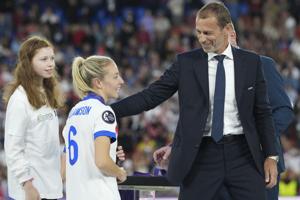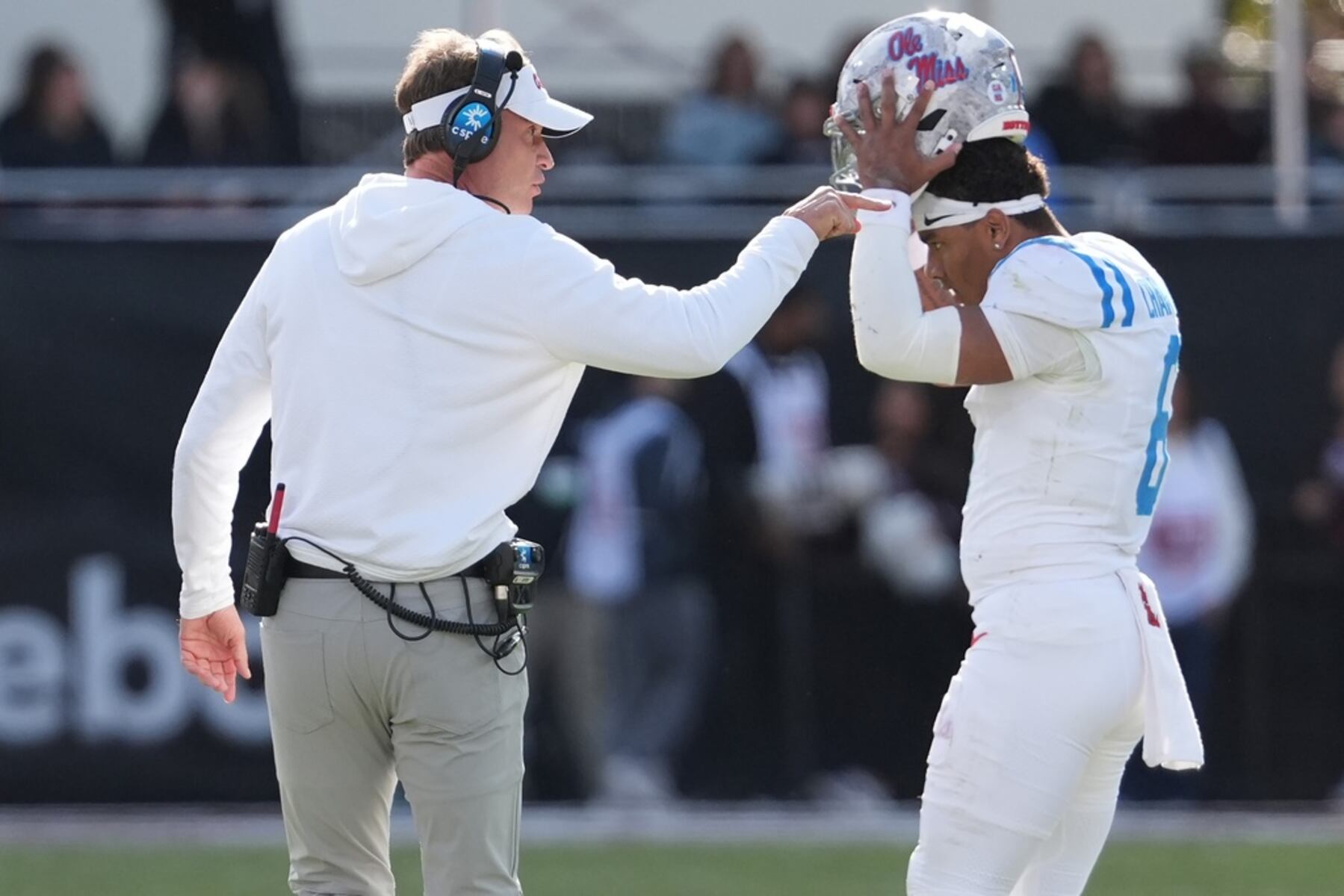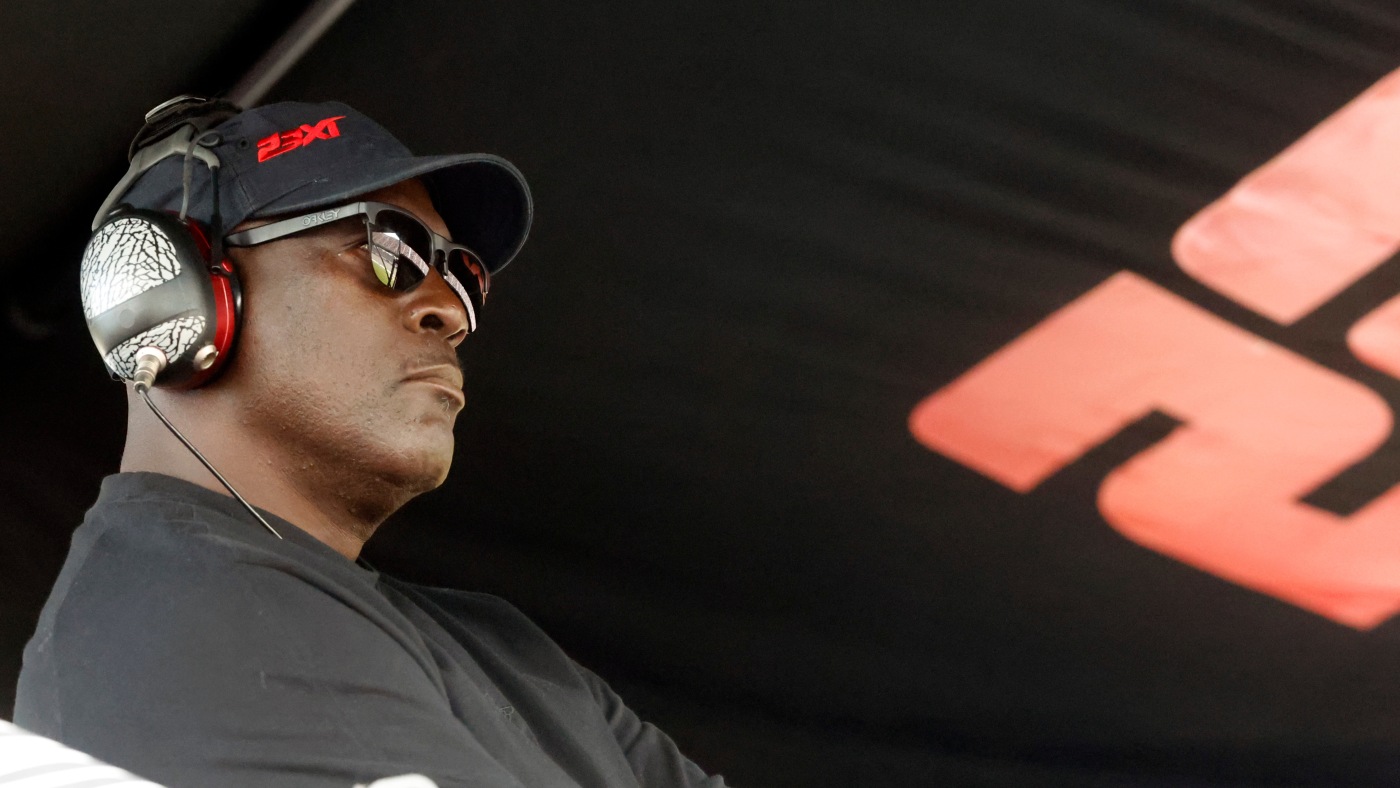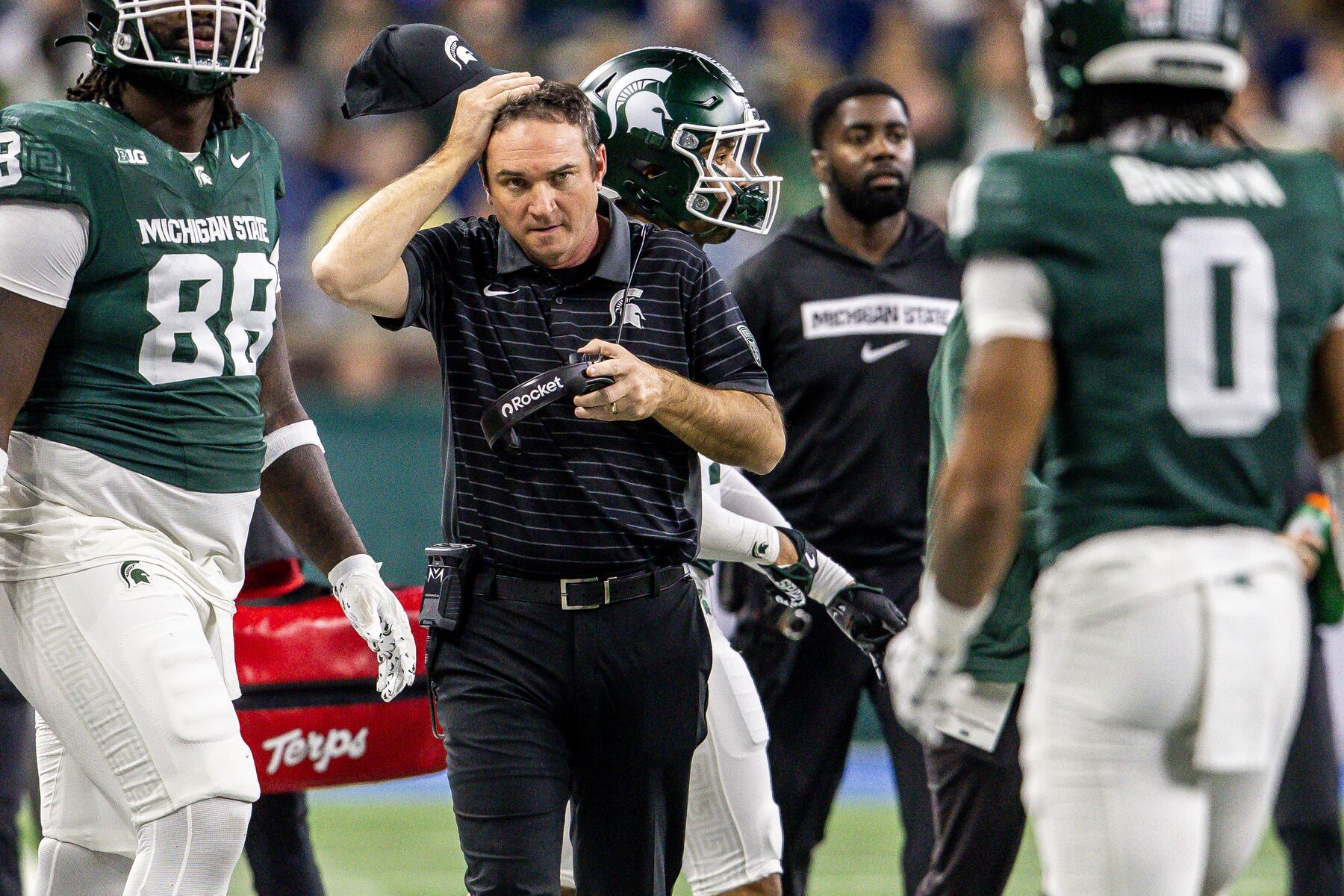UEFA President Aleksander Ceferin Absent at Women’s Euro 2025

The absence of UEFA President Aleksander Ceferin during much of the Women’s European Championship in Switzerland has raised eyebrows among soccer officials. Ceferin attended only the opening match on July 2, where Switzerland faced Norway, and the final between England and Spain, leaving many to question his commitment to the tournament, which has broken attendance records and showcased exhilarating matches.
While stadiums were filled with fans, Ceferin’s lack of presence during the tournament was a topic of private conversation among soccer stakeholders. One official remarked to the Associated Press, “Pity he hasn’t shown up. He’s missing the best football of the year.” The official, who spoke on the condition of anonymity, highlighted the delicate nature of publicly criticizing the UEFA president, given his influential role in determining host cities and future elections.
Despite multiple requests for details regarding Ceferin’s absence, UEFA did not provide specific information until this week, when it confirmed that he spent part of the tournament on vacation in Croatia. A photograph circulated showing Ceferin enjoying time with tennis superstar Novak Djokovic and Croatian soccer stars Luka Modric and Mateo Kovacic. This image was described in a Slovenian media outlet as a “unique summer gathering of Balkan sports legends,” although the timing of the photo remains unclear.
On the same day the photograph circulated, England faced Italy in a thrilling semifinal match in Geneva, just 25 kilometers (15 miles) from UEFA’s headquarters in Nyon. When asked about Ceferin’s absence, England midfielder Keira Walsh expressed her focus on the game rather than on the president’s attendance. She stated, “I think maybe he could come to some more games, maybe he couldn’t, I don’t know,” adding, “I don’t really know who’s at the game other than my family.”
Spanish player Alexia Putellas also mentioned she was unaware of Ceferin’s absence, noting, “Well, he has missed some good games. Maybe he has watched them on TV.”
UEFA’s Commitment to Women’s Soccer
Last year, UEFA launched a significant six-year initiative, investing $1 billion to promote women’s soccer across Europe. In a foreword to the strategy document entitled “Unstoppable,” Ceferin emphasized the need for ongoing passion and commitment to the sport. Despite these assurances, his absence during the championship has drawn attention, especially in contrast to his active participation in the men’s Euro 2024 tournament in Germany, where he attended at least nine matches.
The lack of scrutiny regarding Ceferin’s absence is notable compared to the attention given to FIFA President Gianni Infantino, who also faced criticism for taking time away from the month-long Women’s World Cup held in Australia and New Zealand. Infantino traveled to Tahiti after attending several matches, having previously criticized European broadcasters for underbidding on rights. He has a history of being held to a higher standard due to his vocal critiques and his extensive attendance at the men’s World Cup in Qatar, where he was present for all 64 matches.
Future Implications for UEFA Leadership
Since taking office in 2016, Ceferin has been re-elected unopposed twice, with his current term extending until 2027. While he appears to have the support of UEFA’s 55 member federations, his decision to remain absent from a key event in women’s soccer may have implications for his leadership. During the election day in February 2023, UEFA members clarified rules on term limits for elected officials, allowing Ceferin the possibility to run for another term, potentially extending his tenure to a total of 15 years.
As the Women’s Euro 2025 continues to captivate audiences, the impact of leadership presence remains a vital aspect of the ongoing discourse surrounding the future of women’s soccer in Europe. Ceferin’s absence could raise questions about the alignment of UEFA’s stated commitments with the visible support for its flagship women’s tournament.






